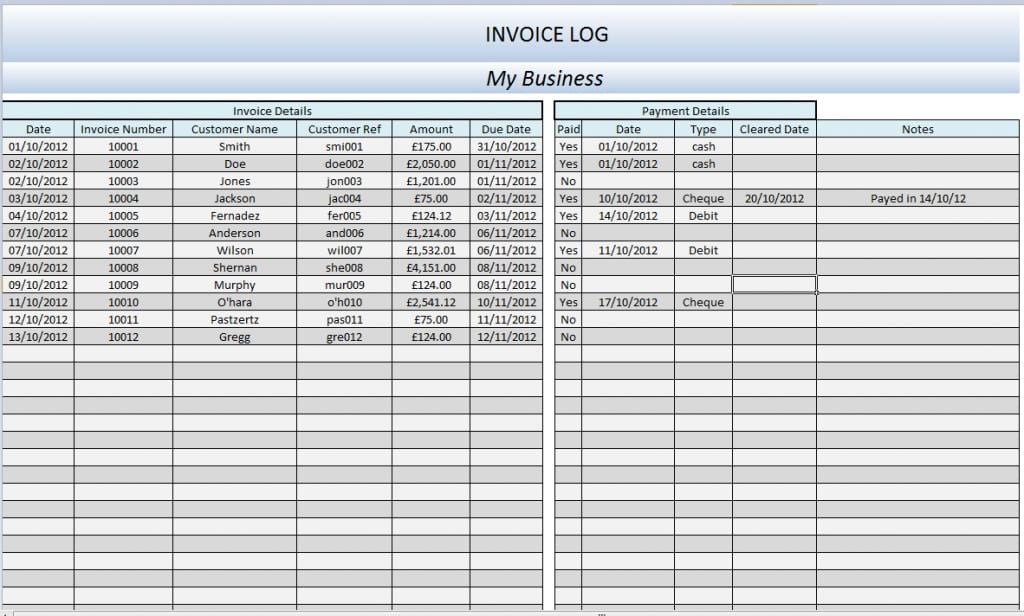As a small business owner, managing your finances effectively is crucial to the success and growth of your company. With the numerous accounting programs available in the market, choosing the right one can be a daunting task. In this article, we will discuss the best accounting programs for small businesses, their features, and benefits, to help you make an informed decision.

Why Do Small Businesses Need Accounting Software?
Accounting software is essential for small businesses to manage their financial transactions, track expenses, and generate invoices. It helps business owners to stay organized, accurate, and compliant with tax laws and regulations. With accounting software, small businesses can:
- Streamline financial processes: Automate tasks such as invoicing, billing, and reconciliations, saving time and reducing errors.
- Track expenses: Monitor and categorize expenses, making it easier to identify areas where costs can be reduced.
- Generate financial reports: Create balance sheets, income statements, and cash flow statements to make informed business decisions.
- Manage cash flow: Keep track of accounts receivable and payable, ensuring timely payments and avoiding cash flow problems.
Top Accounting Programs for Small Businesses
Based on popularity, user reviews, and features, here are the top accounting programs for small businesses:
- QuickBooks: Developed by Intuit, QuickBooks is one of the most widely used accounting software for small businesses. It offers a range of features, including invoicing, expense tracking, and financial reporting.
- Xero: Xero is a cloud-based accounting software that provides real-time financial insights, automated tasks, and seamless integration with other business apps.
- Wave: Wave is a free accounting software that offers invoicing, payment tracking, and financial reporting features. It is ideal for small businesses with limited budgets.
- FreshBooks: FreshBooks is a cloud-based accounting software that provides features such as invoicing, time tracking, and project management.
- Zoho Books: Zoho Books is a cloud-based accounting software that offers features such as invoicing, expense tracking, and financial reporting, at an affordable price.
Features to Consider When Choosing an Accounting Program
When selecting an accounting program for your small business, consider the following features:
- Ease of use: Choose a program with an intuitive interface that is easy to navigate, even for those without accounting experience.
- Scalability: Select a program that can grow with your business, offering additional features and support as needed.
- Security: Ensure the program provides robust security measures, such as data encryption and regular backups, to protect your financial data.
- Integration: Consider a program that integrates with other business apps, such as payment gateways, CRM systems, and e-commerce platforms.
- Customer support: Choose a program with reliable customer support, including online resources, phone support, and email support.
Benefits of Using Accounting Software
Using accounting software can bring numerous benefits to small businesses, including:
- Increased efficiency: Automate tasks, reduce errors, and save time, allowing you to focus on core business activities.
- Improved accuracy: Ensure accurate financial data, reducing the risk of errors and discrepancies.
- Enhanced financial insights: Generate reports and analytics to make informed business decisions.
- Better cash flow management: Track accounts receivable and payable, ensuring timely payments and avoiding cash flow problems.
- Compliance: Ensure compliance with tax laws and regulations, reducing the risk of penalties and fines.
Frequently Asked Questions (FAQs)
- What is the best accounting software for small businesses?: The best accounting software for small businesses depends on specific needs and requirements. QuickBooks, Xero, Wave, FreshBooks, and Zoho Books are popular options.
- Is cloud-based accounting software secure?: Yes, cloud-based accounting software provides robust security measures, such as data encryption and regular backups, to protect your financial data.
- Can I use accounting software without accounting experience?: Yes, many accounting programs are designed for non-accountants, offering intuitive interfaces and easy-to-use features.
- How much does accounting software cost?: The cost of accounting software varies depending on the program, features, and number of users. Some programs, like Wave, are free, while others, like QuickBooks, offer subscription-based pricing.
- Can I integrate accounting software with other business apps?: Yes, many accounting programs integrate with other business apps, such as payment gateways, CRM systems, and e-commerce platforms.
Conclusion
Choosing the right accounting program for your small business is crucial to managing your finances effectively and making informed business decisions. With numerous options available, consider features such as ease of use, scalability, security, integration, and customer support. Top accounting programs for small businesses include QuickBooks, Xero, Wave, FreshBooks, and Zoho Books. By selecting the right accounting software, you can streamline financial processes, track expenses, and generate financial reports, ultimately driving business growth and success. Remember to evaluate your specific needs and requirements, and don’t hesitate to reach out to customer support if you need assistance. With the right accounting program, you can take your small business to the next level.
Closure
Thus, we hope this article has provided valuable insights into The Best Accounting Program for Small Business: A Comprehensive Guide. We appreciate your attention to our article. See you in our next article!